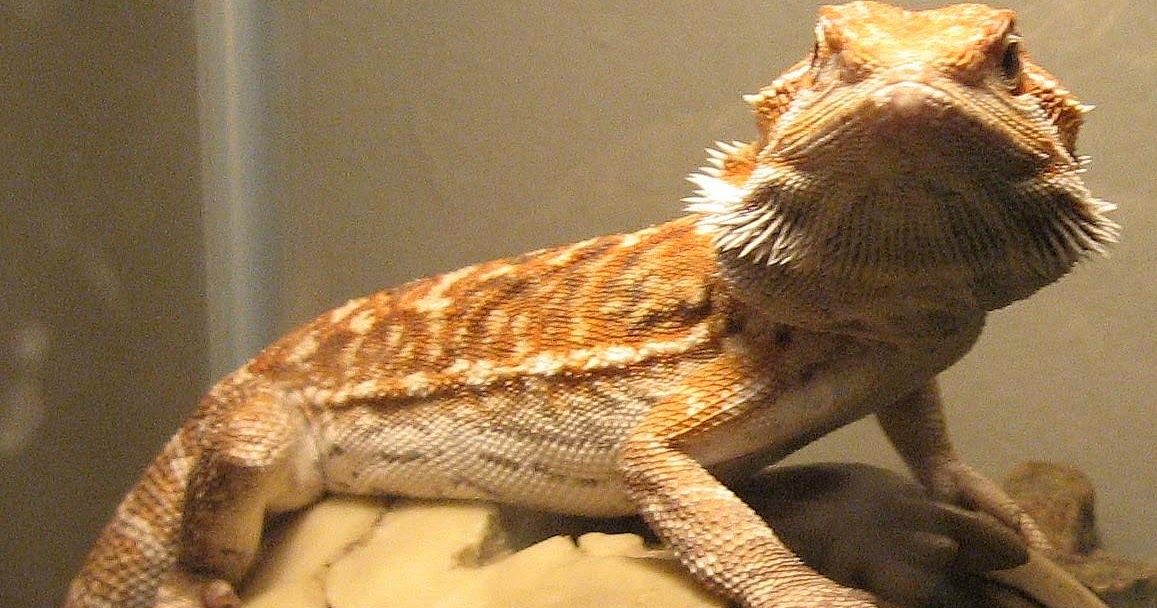Bearded Dragon Intestinal Parasites: Symptoms, Treatment, and Prevention
Bearded Dragon Intestinal Parasites: What Are They?
Bearded dragons, also known as pogonas, are among the most popular pet lizards in the world. They are docile, easy to care for, and make great pets for beginners. However, like all pets, bearded dragons can suffer from health issues. One of the most common health issues that affect bearded dragons is intestinal parasites.

What Are Intestinal Parasites?
Intestinal parasites are organisms that live in the digestive system of animals, including bearded dragons. There are many types of intestinal parasites, including parasites that are visible to the naked eye, and those that are only visible under a microscope. Some of the most common intestinal parasites that affect bearded dragons include pinworms, roundworms, and coccidia.
Symptoms of Intestinal Parasites in Bearded Dragons
Bearded dragons infected with intestinal parasites may display a range of symptoms, including:
- Loss of appetite
- Weight loss
- Diarrhea
- Lethargy
- Dehydration
- Stomach bloating
- General weakness
- Abnormal behavior
If you notice any of these symptoms in your bearded dragon, it’s important to take them to the vet for diagnosis and treatment.
Diagnosing Intestinal Parasites in Bearded Dragons
If you suspect your bearded dragon has intestinal parasites, take them to the vet. The vet will perform a fecal exam to determine the type of parasites and the appropriate treatment regimen. The fecal exam involves taking a small sample of your bearded dragon’s stool and examining it under a microscope.
Treating Intestinal Parasites in Bearded Dragons
The treatment for intestinal parasites in bearded dragons depends on the type of parasite and the severity of the infection. In most cases, treatment involves medication that is administered orally or through injection. Your vet will provide you with specific instructions on how to administer the medication, the duration of treatment, and any other care instructions.

Preventing Intestinal Parasites in Bearded Dragons
It’s important to take steps to prevent intestinal parasites in your bearded dragon. Some ways you can prevent intestinal parasites include:
- Quarantine new bearded dragons for at least a month before introducing them to other bearded dragons.
- Maintain a clean environment. Clean the enclosure and all equipment regularly.
- Feed your bearded dragon a healthy, balanced diet.
- Provide your bearded dragon with clean, fresh water.
- Avoid keeping your bearded dragon in overcrowded conditions.
- Take your bearded dragon to the vet for regular check-ups and fecal exams.
Conclusion
Intestinal parasites are a common health issue that can affect bearded dragons. If you suspect your bearded dragon has intestinal parasites, take them to the vet for diagnosis and treatment. Remember, prevention is key to keeping your bearded dragon healthy and parasite-free. Practice good hygiene, feed your bearded dragon a healthy diet, and take them to the vet for regular check-ups and fecal exams.
